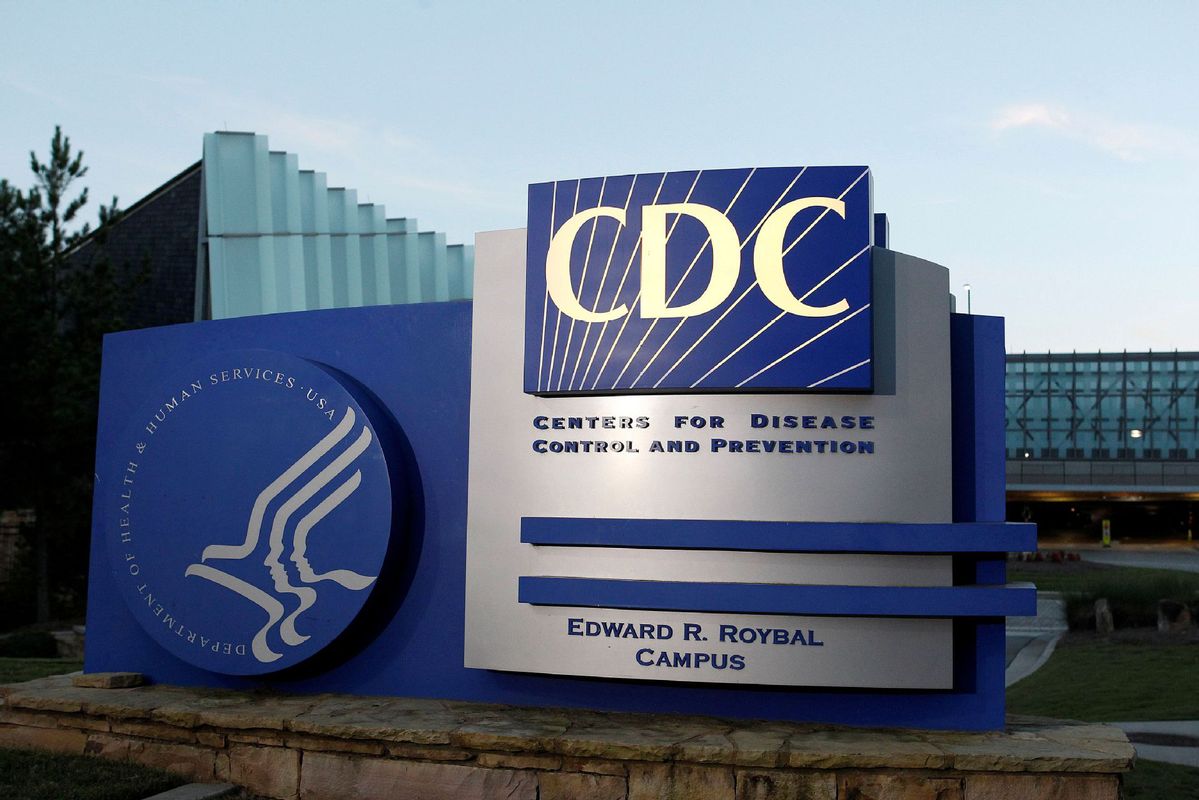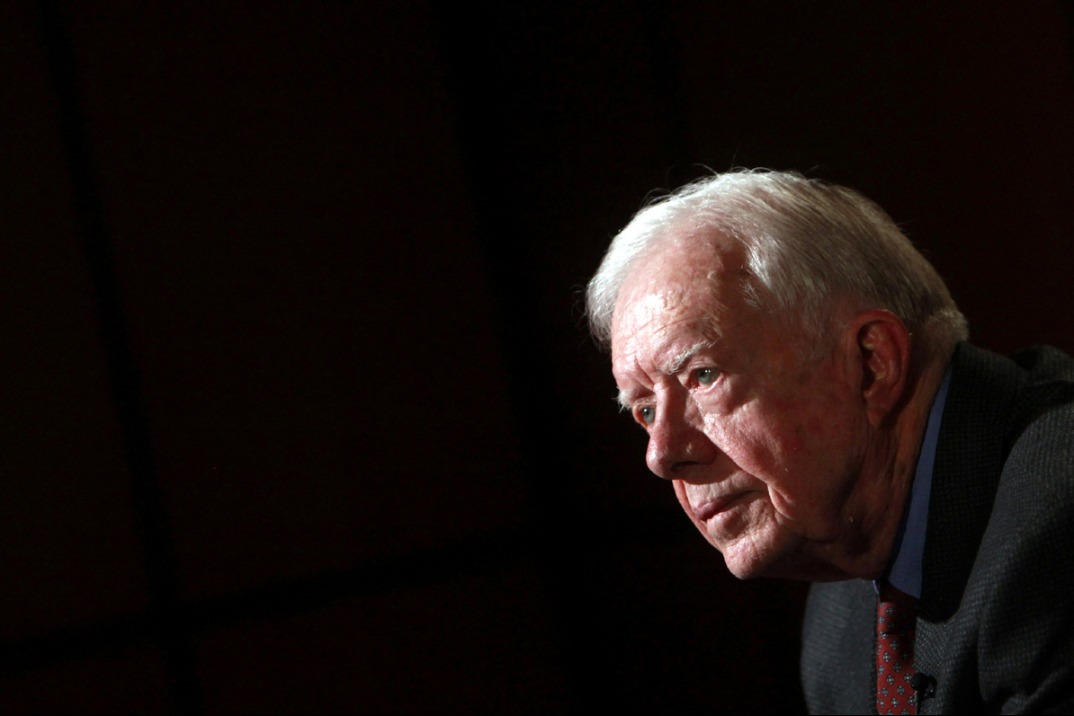Report: CDC holding back much vaccine data


The US Centers for Disease Control and Prevention (CDC) has made only a minimal amount of data on COVID-19 vaccines publicly available, according to a news report.
In a story Sunday headlined, "The CDC Isn't Publishing Large Portions of the Covid Data It Collects", The New York Times reported that the agency has "withheld critical data on boosters, hospitalizations and, until recently, wastewater analyses".
"Two full years into the pandemic, the agency leading the country's response to the public health emergency has published only a tiny fraction of the data it has collected, several people familiar with the data said," the story stated.
Earlier this month, when the CDC published the first significant data on the effectiveness of boosters in adults below age 65, it did not include numbers for 18-to-49-year-olds, the group least likely to benefit from the supplemental shots, the Times reported.
Kristen Nordlund, a CDC spokeswoman, said the agency has been slow to release the data "because basically, at the end of the day, it's not yet ready for prime time".
The Times said that the CDC also must alert the Department of Health and Human Services, which oversees the Atlanta-based agency, and the White House of their plans.
"The CDC is a political organization as much as it is a public health organization," Samuel Scarpino, managing director of pathogen surveillance at the Rockefeller Foundation's Pandemic Prevention Institute, told the Times. "The steps that it takes to get something like this released are often well outside of the control of many of the scientists that work at the CDC."
The agency faced criticism last year for not tracking breakthrough infections in vaccinated persons, instead focusing on those who were sick enough to be hospitalized or to die.
The CDC then presented that information as risk comparisons with unvaccinated adults, rather than provide timely information on hospitalized patients according to age, sex, race and vaccination status, the Times reported.
The CDC has been regularly gathering information since the vaccines were first available last year, according to a federal official, the Times reported. The agency has been hesitant to release those figures publicly, the official said, because they might be misinterpreted as the vaccines being ineffective. Nordlund confirmed that to be the case.
"We have been begging for that sort of granularity of data for two years," said Jessica Malaty Rivera, an epidemiologist and part of the team that ran the Covid Tracking Project, to the Times. "We are at a much greater risk of misinterpreting the data with data vacuums, than sharing the data with proper science, communication and caveats."
Dr Marty Makary, a professor at the Johns Hopkins University School of Medicine, wrote in an opinion piece on foxnews.com on Tuesday that "the American people are just hungry for honesty. They want the data straight, not politically curated by a small group of like-minded scientists.
"If I were advising President Joe Biden, I would tell him that the CDC needs to restore the public trust by making all CDC data available in real-time for researchers around the country to access and to study," Makary wrote.
When the Delta variant caused an outbreak in Massachusetts last summer, the fact that three-quarters of those infected were vaccinated led people to prematurely conclude that the vaccines failed — validating the CDC's concerns about misinterpretation of data, the Times reported.

































